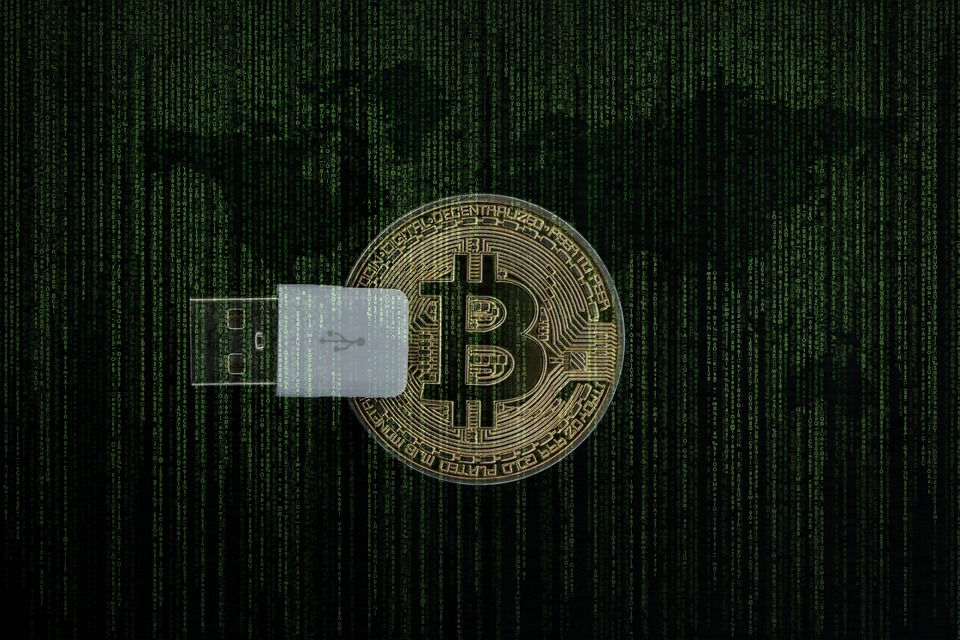[ad_1]
Initial Coin Offerings (ICOs) have taken the startup world by storm, offering a new way for companies to raise capital. But are they a revolutionary game-changer or a risky bubble waiting to burst? In this article, we’ll explore the world of ICOs, examining their potential benefits and pitfalls to provide a comprehensive understanding of their impact on the startup ecosystem.
The Rise of ICOs
ICOs have emerged as a popular alternative to traditional fundraising methods such as venture capital and IPOs. By issuing digital tokens, startups can raise funds from a global pool of investors without going through the rigorous process of regulatory approval. This has democratized access to capital, allowing even small companies to pursue ambitious projects and disrupt traditional industries.
The Pros of ICOs
ICOs offer several advantages for startups. They provide a faster and more efficient way to raise funds, enabling companies to bypass the lengthy and costly procedures associated with traditional fundraising routes. Additionally, ICOs allow startups to engage with a broader investor base, tapping into the growing demand for digital assets and blockchain-related projects. This can lead to increased liquidity and higher valuations for the company’s tokens, creating a win-win situation for both the startup and its investors.
The Cons of ICOs
Despite their potential benefits, ICOs also come with significant risks. The lack of regulatory oversight has made the ICO space vulnerable to fraud and scams, with many projects failing to deliver on their promises or disappearing altogether. Additionally, the volatile nature of cryptocurrencies can lead to wild price fluctuations, causing uncertainty for both investors and the company issuing the tokens. Moreover, the lack of investor protections and transparency in the ICO market has raised concerns about the sustainability of this fundraising model.
Case Studies and Examples
Several high-profile ICOs have garnered attention in recent years, with some achieving remarkable success while others have faced backlash and legal challenges. For example, the ICO launched by Ethereum in 2014 raised over $18 million and is widely regarded as one of the most successful token sales to date. On the other hand, the DAO project, which raised over $150 million in 2016, suffered a major security breach, leading to the loss of a substantial amount of funds and a contentious hard fork of the Ethereum blockchain.
Regulatory Landscape
As ICOs have gained popularity, regulators around the world have begun to take notice and implement measures to protect investors and maintain market integrity. Countries like the United States, Singapore, and Switzerland have issued guidelines or introduced legislation to regulate ICOs and ensure compliance with existing securities laws. This has created a complex and evolving regulatory landscape for startups and investors to navigate, adding an additional layer of complexity to the ICO market.
FAQs
What is an ICO?
An ICO is a fundraising method in which a company issues digital tokens to raise capital, typically through the sale of these tokens to investors.
How are ICOs different from IPOs?
ICOs are different from IPOs in that they do not require companies to go through the extensive regulatory processes and disclosures associated with an IPO. Additionally, ICOs are open to a global pool of investors, whereas IPOs are typically limited to institutional and accredited investors.
Are ICOs legal?
The legal status of ICOs varies from country to country. While some countries have embraced ICOs with clear regulations, others have banned or heavily restricted token sales. It’s essential for startups and investors to understand the legal implications of participating in ICOs in their respective jurisdictions.
Conclusion
ICOs have undoubtedly shaken up the traditional fundraising landscape, providing a new avenue for startups to access capital and innovation. However, the inherent risks and uncertainties associated with ICOs cannot be overlooked. As the ICO market continues to evolve, it is crucial for startups and investors to exercise caution and due diligence to navigate this rapidly changing space. Whether ICOs are a game-changer for startups or a bubble waiting to burst ultimately depends on how the industry addresses and mitigates these challenges over time.
[ad_2]


